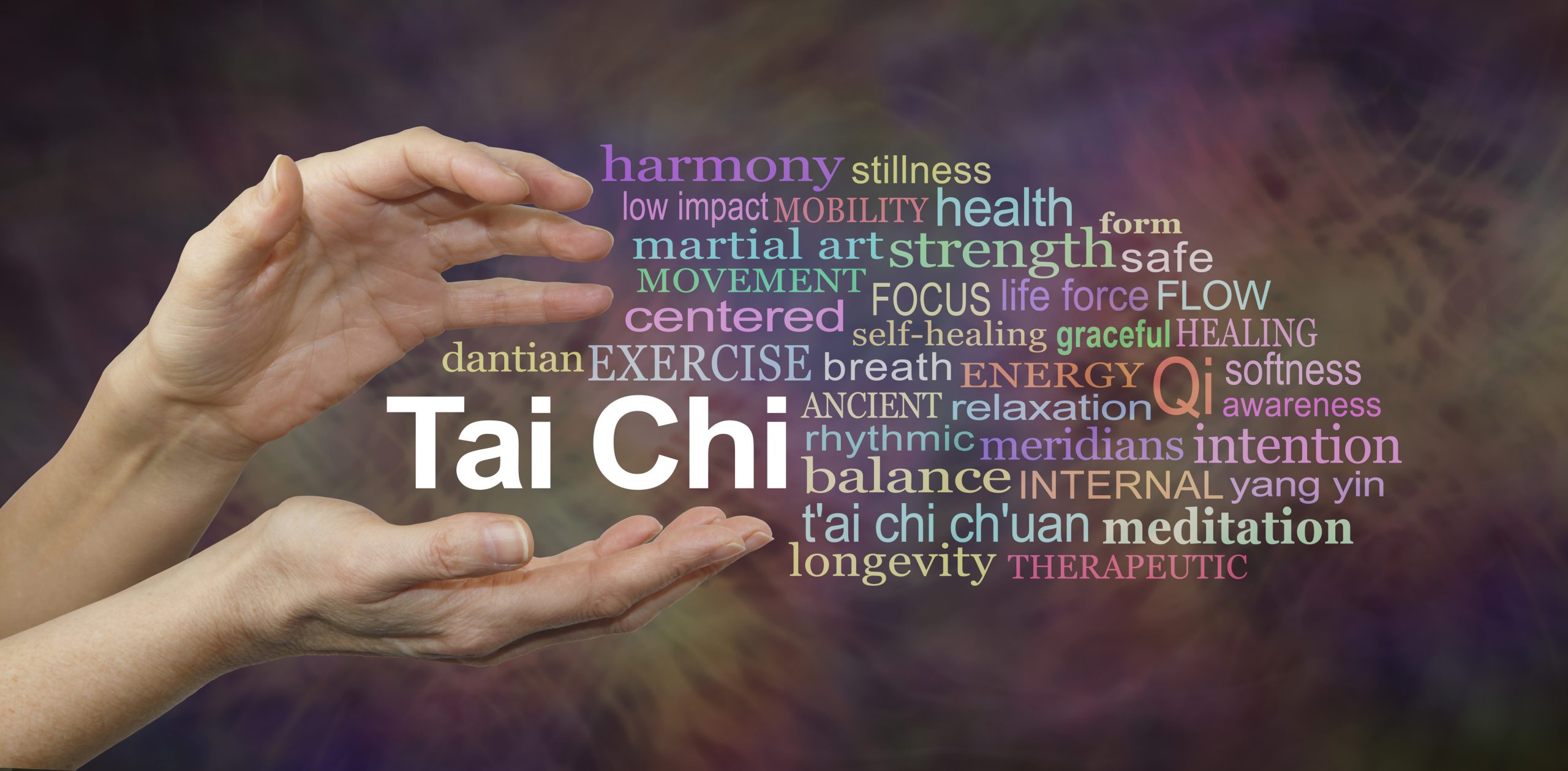Benefits of Tai Chi for Seniors
Tai Chi is an ancient Chinese martial art that has gained immense popularity among seniors due to its numerous health benefits. In this article, we will explore the various advantages of practicing Tai Chi for seniors, focusing on physical, mental, and emotional well-being.
Improved Balance and Stability
Tai Chi involves slow, controlled movements that promote balance and stability. Seniors often experience a decline in balance, which can lead to falls and injuries. Regular practice of Tai Chi helps seniors strengthen their core muscles, improve coordination, and enhance overall stability. By practicing Tai Chi, seniors can significantly reduce the risk of falls and maintain their independence.
Enhanced Flexibility and Joint Health
As we age, our joints tend to become stiffer, leading to reduced flexibility and mobility. Tai Chi incorporates gentle stretching and flowing movements that promote joint flexibility and range of motion. Seniors who practice Tai Chi experience improved joint health, reduced stiffness, and increased flexibility, allowing them to perform daily activities with ease and comfort.
Stress Reduction and Mental Well-being
Tai Chi is not only beneficial for physical health but also for mental well-being. The slow and rhythmic movements of Tai Chi promote relaxation, reduce stress levels, and improve overall mental clarity. Seniors who regularly practice Tai Chi often experience reduced anxiety, improved sleep quality, and enhanced overall mood. It provides a meditative and calming experience, allowing seniors to find inner peace and tranquility.
Cardiovascular Health
Tai Chi is a low-impact aerobic exercise that gently increases the heart rate, promoting cardiovascular health. Seniors who engage in regular Tai Chi practice experience improved blood circulation, lowered blood pressure, and reduced risk of heart disease. It is an excellent form of exercise for seniors who may have limitations or health conditions that prevent them from engaging in high-intensity workouts.
Enhanced Cognitive Function
Research has shown that Tai Chi can have a positive impact on cognitive function in seniors. The mind-body connection involved in Tai Chi practice stimulates the brain, improves memory, and enhances cognitive abilities. Regular Tai Chi practice has been linked to a reduced risk of cognitive decline and age-related neurological disorders such as Alzheimer’s disease.
Social Interaction and Community
Participating in Tai Chi classes provides seniors with an opportunity for social interaction and community engagement. Joining a Tai Chi group allows seniors to connect with like-minded individuals, fostering a sense of belonging and support. The social aspect of Tai Chi promotes mental well-being and combats feelings of loneliness and isolation that seniors may experience.

Tai Chi offers a wide range of benefits for seniors, including improved balance, enhanced flexibility, stress reduction, cardiovascular health, enhanced cognitive function, and social interaction. By incorporating Tai Chi into their daily routine, seniors can experience a higher quality of life, both physically and mentally. So, why wait? Start practicing Tai Chi today and reap the numerous rewards it has to offer!
Frequently Asked Questions about the Benefits of Tai Chi for Seniors
1. What is tai chi?
Tai chi is a traditional Chinese martial art that combines slow, flowing movements with deep breathing and meditation.
2. How can tai chi benefit seniors?
Tai chi can improve balance, flexibility, and strength, reduce stress, enhance mental clarity, and promote overall well-being in seniors.
3. Is tai chi safe for older adults?
Yes, tai chi is generally safe for seniors as it is low-impact and can be modified to accommodate different fitness levels and physical abilities.
4. Can tai chi help with joint pain and arthritis?
Yes, regular practice of tai chi has been shown to reduce joint pain, and stiffness, and improve joint function in seniors with arthritis.
5. Does tai chi improve balance and prevent falls?
Yes, tai chi has been proven to enhance balance, stability, and coordination, thereby reducing the risk of falls and related injuries in older adults.
6. Can tai chi benefit mental health in seniors?
Tai chi promotes relaxation, reduces anxiety, improves sleep quality, and enhances overall mental well-being in seniors.
7. How often should seniors practice tai chi?
Seniors can start with practicing tai chi for 10-15 minutes a day and gradually increase the duration to 30 minutes or more, ideally aiming for at least 2-3 sessions per week.
8. Can tai chi help seniors with chronic conditions?
Yes, tai chi is beneficial for seniors with chronic conditions such as heart disease, hypertension, diabetes, and osteoporosis, by improving overall fitness and reducing symptoms.
9. Are there any age restrictions for learning tai chi?
No, tai chi can be practiced by people of all ages, including seniors, as it is a gentle and adaptable exercise form that can be modified to suit individual needs and abilities.
10. Should seniors consult a healthcare professional before starting tai chi?
It is always recommended for seniors to consult with their healthcare provider before starting any new exercise program, including tai chi, to ensure it is safe and appropriate for their specific health conditions.




